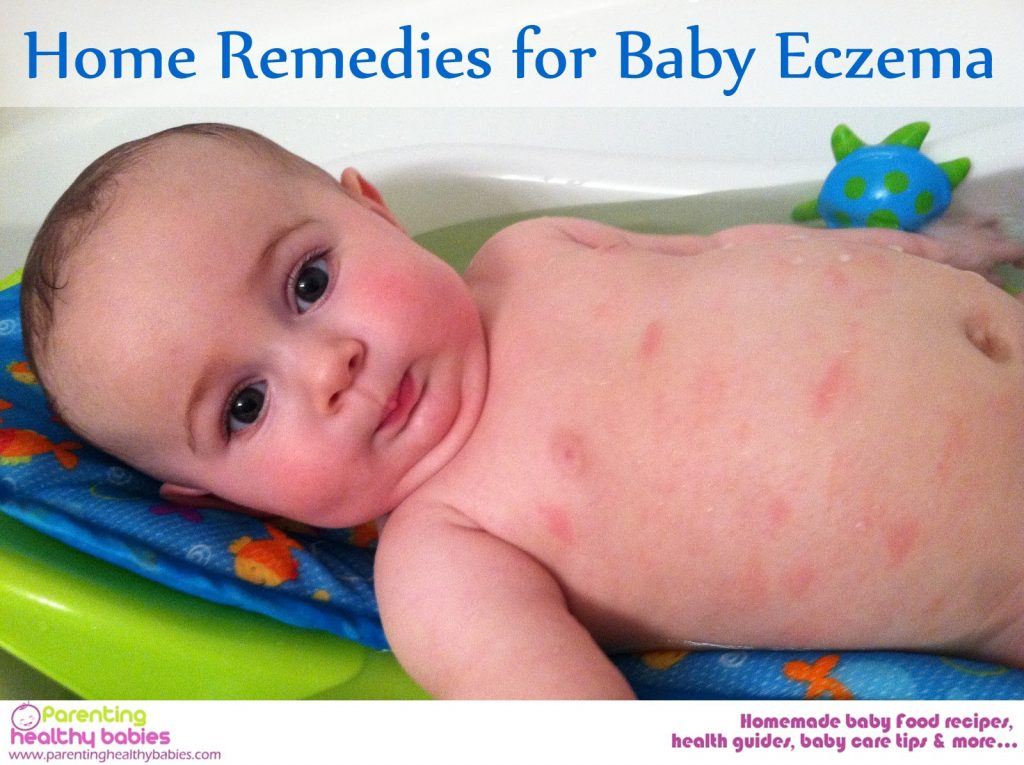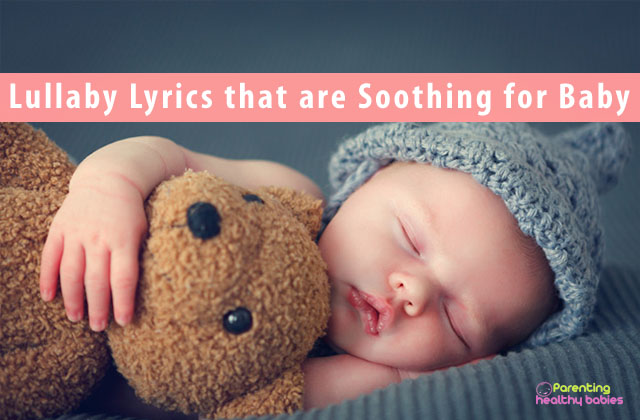We all aspire to have baby soft skin. But some babies don’t enjoy that smooth skin as eczema erupts in patches on their face, scalp, ears, elbows, groin and knees. This itchy condition can be a difficult situation to handle. Often known as baby eczema, this skin condition usually is inherited. Unfortunately, there is no treatment for inherited eczema. However, if genes are not the culprit, you can use a few measures to get rid of the eczema once and for all.
What is Eczema?
Eczema is an itchy skin condition that starts as early as the first five years of a baby’s life. Baby eczema erupts in red patches in the initial six months. It normally takes some time to resolve and tends to disappear by the time the baby turns into an adolescent. However, in some cases, it may extend till adulthood. Baby eczema may be mild as well as severe, called atopic dermatitis.
Who Can Get Affected by Eczema?
Eczema is common in those babies whose family has a history of this skin condition. Even families having a history of asthma and hay fever can get eczema. In fact, there are chances of children with eczema to later develop asthma or other allergies.
Difference between Eczema in Babies and Older Children
The appearance of eczema as well as location changes with growing age of children. While baby eczema commonly appears on the scalp, forehead and cheeks of babies, it starts growing towards elbow and knees when the baby starts crawling. When the baby turns two, eczema spreads to the hands, wrists, ankles, around mouth and even eyelids, in worst cases. On the other hand, older children usually have eczema only on their hands.
Baby eczema is weepy and red in color; whereas in older children, it is dry and thickens the skin.
What Causes Eczema to Flare Up in Babies?
There are various causes that can trigger eczema in babies. Some of these include:
- Skin is too dry
- Skin comes in contact with an allergen or substance that causes irritation
- Dry air, as what occurs indoors during winter months
- When saliva drools onto the cheeks, chin and neck
- Contact with pets, dust mites and carpets
- Hyperallergic babies, who have extremely sensitive skin
- Scented products such as laundry detergents, perfumes, air freshener
- Cigarette smoke
Cure for Baby Eczema
The severity of eczema reduces tremendously with time, but regrettably there is no permanent cure for this skin condition, especially the inherited one. The only solace is that we can control it by taking precautions and some home remedies. A topical treatment involving steroids is also available. But studies and researches don’t recommend it on such small babies.
Easing the Discomfort of Baby Eczema
The primary step in treating eczema is to take necessary precautions. There are a few home remedies for baby eczema that you can use to ease the discomfort and reduce the itching. Here are a few home remedies for mild baby eczema.
- Lukewarm Water Bath: Give your child a bath daily in lukewarm water that has a cooling effect on the skin and helps reduce itching. It also hydrates the skin, which is another added advantage.
- Moisturizers: Opt for moisturizers rich in ceramides for your baby’s skin. Don’t use anything with acute fragrance. You may use petroleum jelly as it helps in retaining the amount of moisture. Otherwise, fragrance-free creams should be applied immediately after bath.
Best Home Remedies for Treating Baby Eczema
If your baby is suffering from baby eczema, he or she will experience a lot of itching at the site of the eczema. This can make your baby cranky. It is important to ensure that you don’t let him or her scratch the affected site, as it can increase the infection and make the rash worse. It also leads to thickening of the infected skin. Hence, keep your child’s nails trimmed and if possible, file down the nails. You also can make the baby wear mittens.
Here are some basic things that you can do at home and help your baby get rid of eczema to as much extent as possible:
- Give your baby a bath just in lukewarm water. Don’t bathe him or her for more than ten minutes and never use hot water as it can clear the skin of its protective oils, thereby worsening the condition.
- Don’t use scented soaps. Buy only natural and non-perfumed soaps for your baby’s sensitive skin. Never use anti-bacterial soaps, as certain bacteria are important for our skin and anti-bacterial soaps kill those bacteria, as well.
- Avoid applying soap on the affected area. Rinse those areas with water instead.
- Don’t rub a towel over baby’s skin. Just pat dry.
- Apply moisturizer to baby’s skin when still wet.
- An oatmeal bathe can help with the itching. So, while bathing your baby, put some oatmeal into the bathwater.
- Make your child wear loose fitting cotton clothes that would not irritate the rashes. Always wash new clothes before making your baby wear them. The starch in the clothes could irritate the skin and cause the eczema rash to flare up or worsen.
- Don’t use too strong detergent to wash baby’s clothes.
- Don’t overdress your baby or put too many blankets on him or her. Your baby should never feel sweaty and hot, as it can trigger the eczema.
- Take your baby out in the sun for 10 to 15 minutes everyday. The sun’s UV rays help reduce the inflammation.
- Drape your child’s affected skin in cool wet gauze for five minutes at least twice in a day.
- Baking soda can be put into the bathwater. It is a natural treatment for eczema and can ease the discomfort.
- Apply moisturizer containing extra water content on your baby’s skin. Don’t massage for long.
- Sweating can increase eczema and hence, maintain a comfortable indoor temperature throughout the day.
- Use a humidifier in your baby’s room. Not only will it keep the skin hydrated, thereby alleviating the itching and discomfort, it also will prevent build up of bacteria in the room.
- Bubble bath can lead to dryness of the skin. Thus, never use bubble bath for your baby.
- Use mild detergents formulated for sensitive skin to wash your baby’s clothes. Always give the clothes an additional rinse to remove all traces of the detergent.
- There are some common food allergens that are known to trigger eczema. If you are breastfeeding your baby, avoid consuming cow’s milk, citrus fruits, chocolates, nuts, egg whites and other known allergens. Always consult your pediatrician if you want to introduce new food into your baby’s diet. Keep a close eye on your baby for any kind of allergy due to a new food item.
- Always remember to clean gently and immediately as your baby drools and spits. Use a wet wipe to clean the chin, lips and neck region thoroughly. The spittle can worsen baby eczema.
- Keep your baby away from the family pet, as it can lead to severe eczema. Once your baby starts crawling, keep the pet off the carpet. Do not let your baby come in contact with anything your pet has used, as it can worsen the rash.
- Boil 25 grams of babul tree bark with mango tree bark in 1 litre of water and allow the vapours to foment the affected part. After fomentation, anoint the affected part with ghee.
Latest Natural Baby Eczema Treatment
Studies are being carried out on probiotics to see if they can help ease baby eczema. Probiotics have shown positive results in this regard, especially when mixed in baby formula and fed to the baby on a daily basis. However, this has not been approved by the American Academy of Pediatricians. So consult your baby’s pediatrician before using this natural and innovative treatment.












